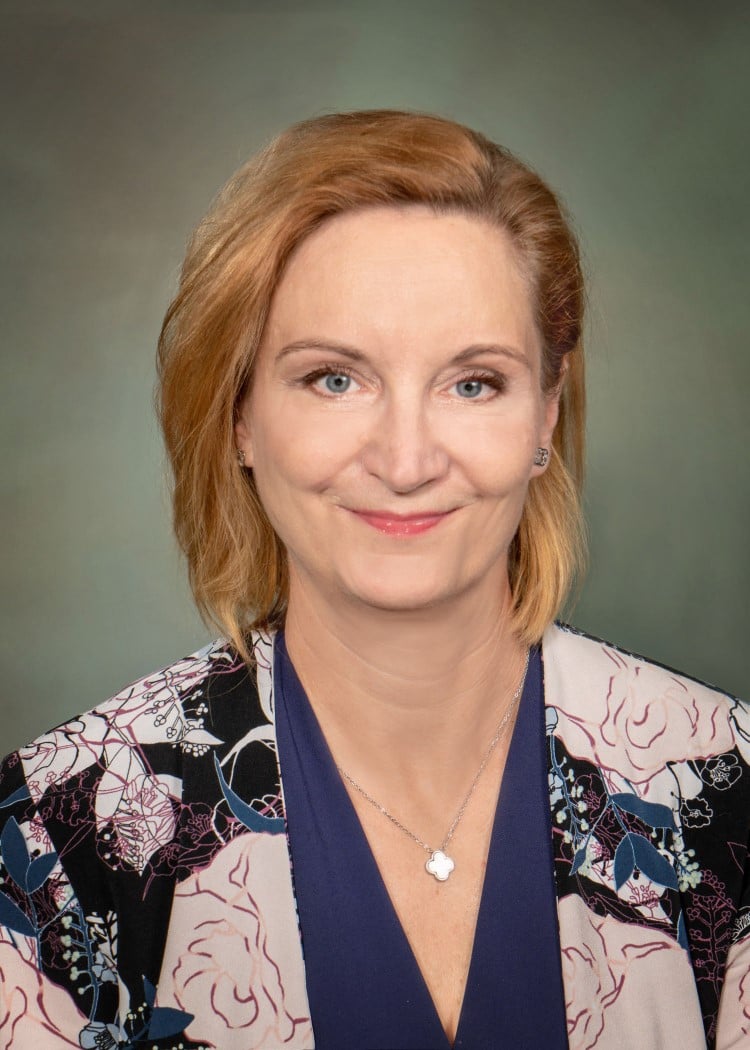Having a network of supporters and advisors is important throughout your professional life and no less important during a career transition. While you likely have had several mentors during your military career - and can continue to rely on them for advice in your transition - consider adding a new “transition mentor.” A civilian working in your target career field or even a leader working in a different industry can be an asset to your professional education and growth.
In a formal mentoring relationship, the mentor and protégé should have an agreed upon goal and meeting format. For example, plan a twice-monthly conversation to discuss job search developments and strategize next steps and, after placement, to discuss career advancement and adjusting to your new work environment. With years of professional experience, a transition mentor's perspective is different from your own and he or she can offer new ideas, guidance, and help expand your post-military network. A mentor working in your target industry can provide feedback on fit, review your résumé, role play interviews, and give insight as to corporate/industry culture. Additionally, a mentor can act as an accountability partner, giving you a target for completion of key activities such as drafting a resume or making new contacts, and offer support to overcome temporary set-backs of the job hunt or uncertainty of a new work environment. Make the most of mentoring sessions by preparing talking points and questions before each one. Early in the relationship, research and ask questions about the mentor's background - how did they get to where they are, and what would they change?
To identify a potential mentor, use your network or use an organization that will make a match for you. There are several free mentoring programs tailored specifically to military members and their families. Two with which I have had excellent personal experiences are eMentor Leadership Program and American Corporate Partners (ACP). MOAA recently hosted ACP's President Timothy Cochrane in a webinar about mentoring.

